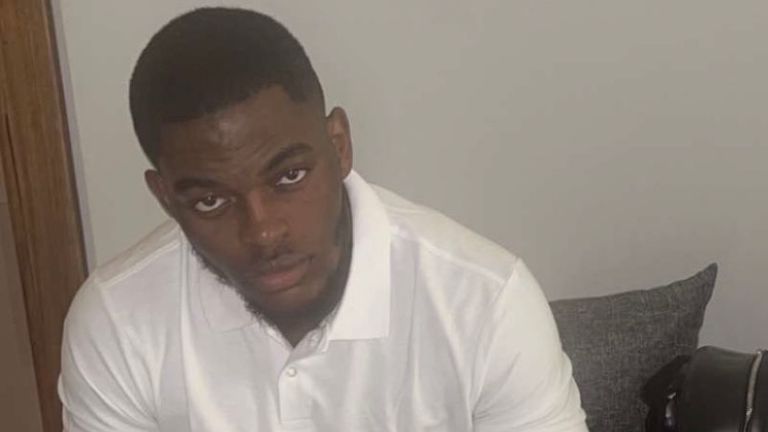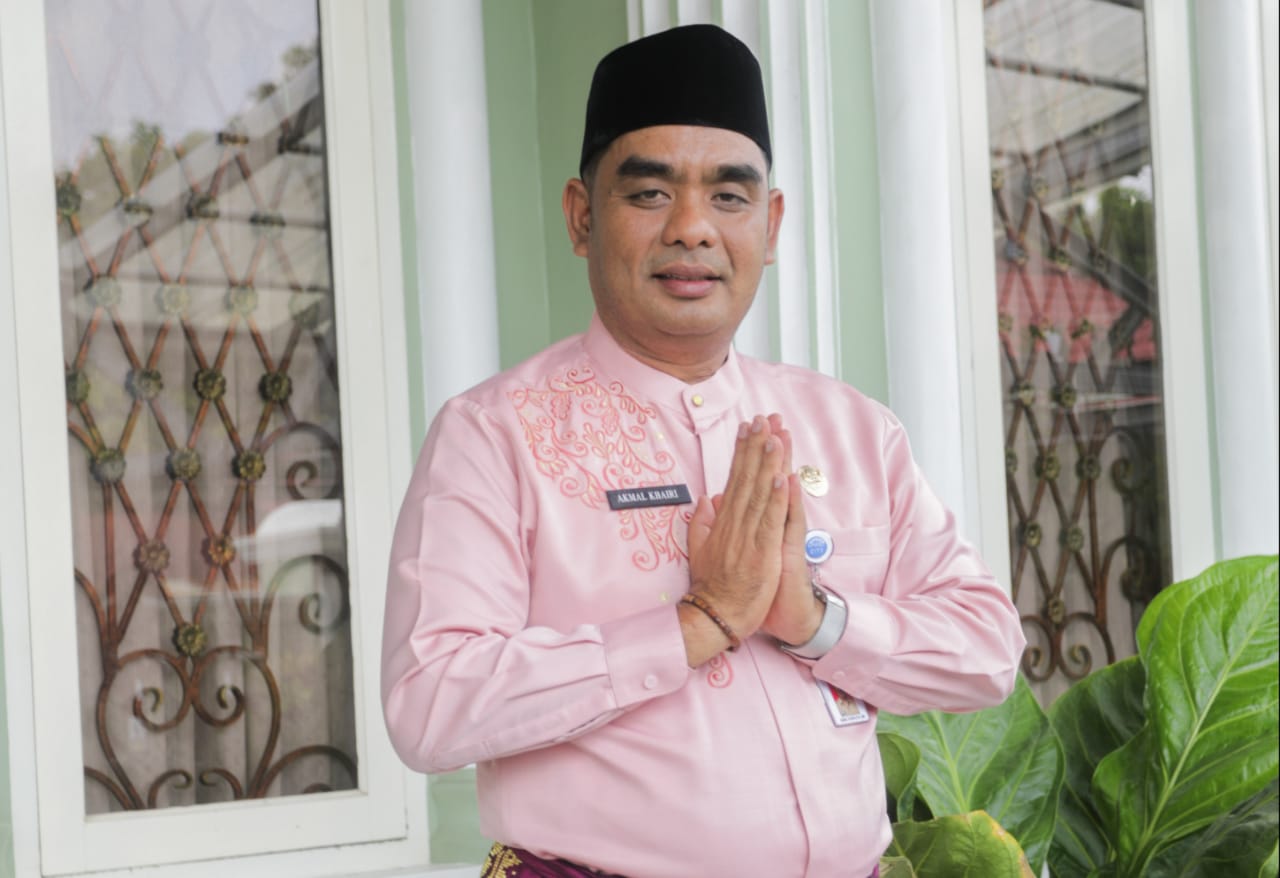Panorama's Chris Kaba Episode: Police Watchdog Seeks Ofcom Review

Table of Contents
The IOPC's Concerns Regarding the Panorama Program
The IOPC, responsible for investigating serious incidents involving police officers in England and Wales, has expressed significant concerns about the BBC's Panorama program focusing on the Chris Kaba shooting. Their role is to ensure transparency and accountability within the police force, and their intervention in this instance highlights the gravity of their concerns regarding the program's accuracy and impartiality.
The IOPC's statement outlines specific issues, including:
- Allegations of biased editing: The IOPC suggests that certain editing choices in the Panorama documentary may have presented a skewed narrative, potentially misleading viewers.
- Concerns over the use of certain footage: Specific footage used in the program is under scrutiny, with concerns raised about its context and potential to misrepresent events.
- Questions about the interview process: The IOPC is reportedly questioning the methods employed during interviews conducted for the Panorama episode, raising concerns about fairness and due process.
A statement from the IOPC reportedly reads (insert actual quote here if available, otherwise paraphrase the key concerns). These concerns have the potential to severely damage public trust, not only in the Metropolitan Police but also in the BBC's ability to deliver unbiased reporting on such sensitive and high-profile cases. The potential for exacerbating existing tensions within communities is a significant concern.
The BBC's Response to the IOPC's Request
The BBC, in response to the IOPC's call for an Ofcom review, has issued a statement defending its journalistic integrity. The corporation maintains that the Panorama investigation was conducted thoroughly and adhered to the highest journalistic standards.
Key arguments presented by the BBC include:
- Claim of accuracy: The BBC asserts that all information presented in the program is accurate and supported by evidence.
- Emphasis on due process: The BBC emphasizes its commitment to due process and fair reporting, rejecting accusations of bias.
- Defense of investigative journalism techniques: The BBC defends its use of investigative journalism techniques, arguing that they are essential to uncovering the truth in complex cases like the Chris Kaba shooting.
The BBC's response will be crucial in determining the outcome of the Ofcom review. Their commitment to transparency and cooperation with the regulatory body will be closely scrutinized.
Ofcom's Role and Potential Actions
Ofcom, the UK's communications regulator, plays a critical role in upholding broadcasting standards. Their investigation into "Panorama's Chris Kaba episode" will be thorough and will likely involve examining the entire production process.
The process may include:
- Reviewing the original footage and editing decisions.
- Analyzing interviews and the context in which they were conducted.
- Assessing the program's adherence to Ofcom's broadcasting code.
Potential outcomes of Ofcom's investigation range from no action to sanctions, including:
- No action: Ofcom might find no breach of broadcasting codes.
- Corrective measures: They might request corrections or clarifications from the BBC.
- Further investigation: A more in-depth investigation might be necessary.
- Sanctions: In extreme cases, sanctions could be imposed, although this is less likely.
This review sets a significant precedent for how future investigations into police misconduct are covered by the media, influencing broadcasting standards for years to come.
Public Reaction and the Ongoing Debate
Public reaction to both the Chris Kaba shooting and the Panorama program has been highly polarized. The shooting itself sparked widespread protests and calls for police reform, highlighting deep-seated concerns about racial bias within law enforcement.
The Panorama episode further fueled this debate, with:
- Public calls for police reform continuing to gain momentum.
- Discussions around media ethics and responsible reporting intensifying.
- Concerns about the impact on the Kaba family and the need for sensitivity in reporting on such tragic events remaining paramount.
Social media has been a key battleground, with strong opinions expressed on both sides of the issue. Public opinion polls (if available, cite specific polls) reflect this division, highlighting the complexities of the case and the need for nuanced discussion.
Conclusion: Understanding the Implications of the Panorama Chris Kaba Investigation
The IOPC's request for an Ofcom review of "Panorama's Chris Kaba episode" underscores the critical importance of accurate and responsible reporting on sensitive police matters. The BBC's response, Ofcom's investigation, and the public's reaction all highlight the complex interplay between police accountability, media ethics, and public trust. The outcome of Ofcom's review will have significant implications for broadcasting standards and the way sensitive police incidents are covered in the future.
Stay tuned for updates on the Ofcom review of the Panorama's Chris Kaba episode and continue the vital conversation surrounding police accountability and responsible journalism. The Chris Kaba case, and the subsequent media coverage, demand continued scrutiny and a commitment to achieving justice and reform.

Featured Posts
-
 Investasi Pekanbaru Bkpm Incar Rp 3 6 Triliun Tahun Ini
May 01, 2025
Investasi Pekanbaru Bkpm Incar Rp 3 6 Triliun Tahun Ini
May 01, 2025 -
 13 Years Later Hugh Jackmans Easter Movie A Netflix Hit
May 01, 2025
13 Years Later Hugh Jackmans Easter Movie A Netflix Hit
May 01, 2025 -
 Hasbros New Star Wars Shadow Of The Empire Dash Rendar Figure
May 01, 2025
Hasbros New Star Wars Shadow Of The Empire Dash Rendar Figure
May 01, 2025 -
 Jwanka Hl Ysthq Albqae Fy Alnsr Bnae Ela Arqamh
May 01, 2025
Jwanka Hl Ysthq Albqae Fy Alnsr Bnae Ela Arqamh
May 01, 2025 -
 De Andre Hunters Impact Cavaliers Secure Tenth Consecutive Victory Against Blazers
May 01, 2025
De Andre Hunters Impact Cavaliers Secure Tenth Consecutive Victory Against Blazers
May 01, 2025
